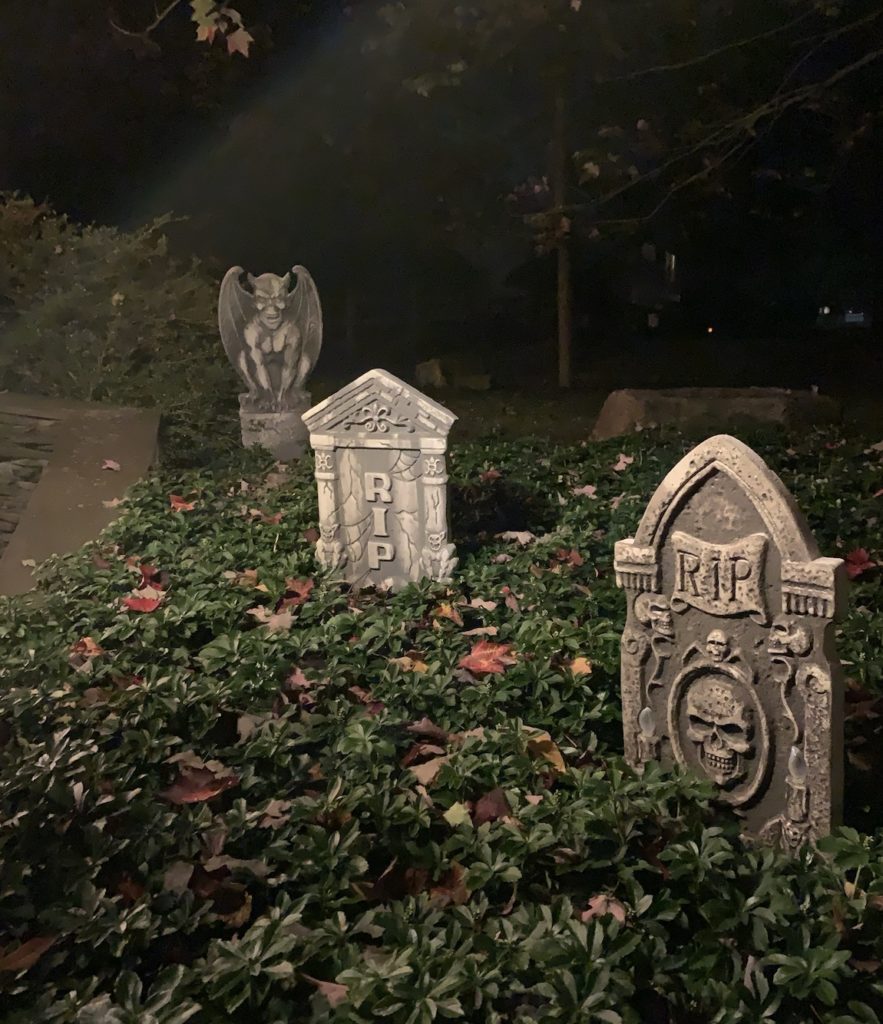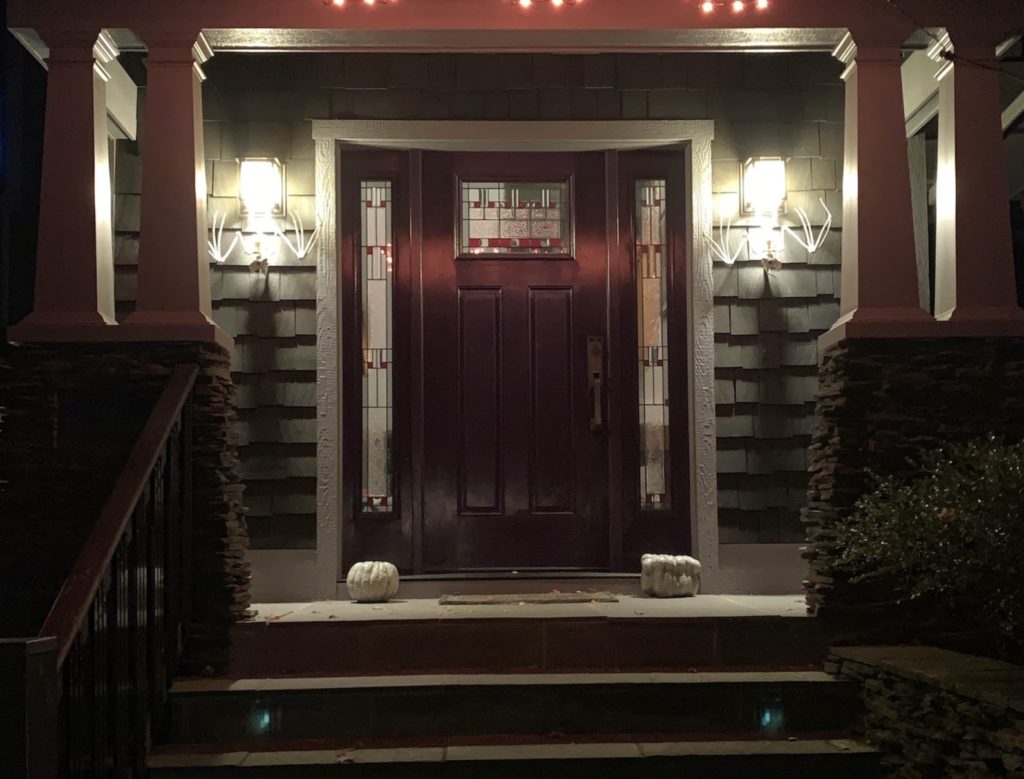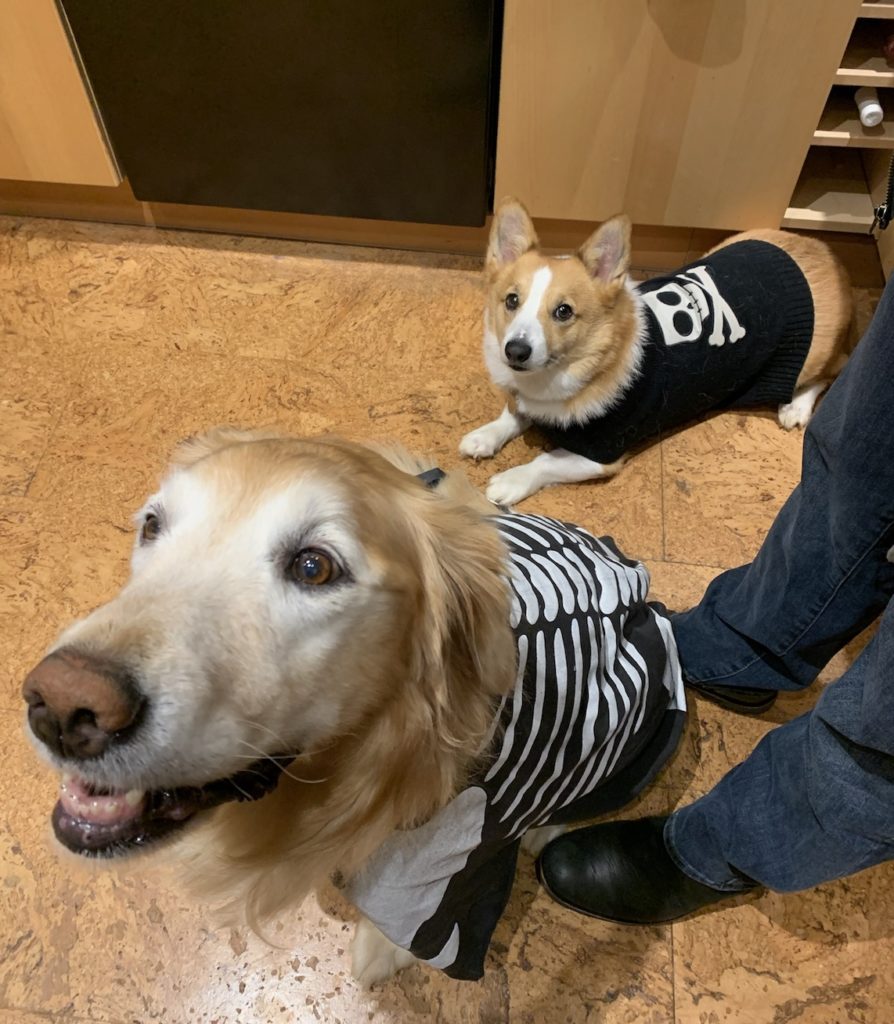The Haunted Writing Cave
![]() Dear reader, we haven’t been completely honest with you. On the blog, we regularly refer to the first book in our ghost series as As-Yet-Untitled Ghost Novel #1, and, well, that’s a bit inaccurate. It’s had a working title for quite a while, which we use in file names, and amongst our beta readers. It’s a pretty cool name, and it doesn’t fall into the “Sounds like a Nancy Drew Book” trap. But it also doesn’t fit nicely into a set of like-minded titles for the remainder of the series.
Dear reader, we haven’t been completely honest with you. On the blog, we regularly refer to the first book in our ghost series as As-Yet-Untitled Ghost Novel #1, and, well, that’s a bit inaccurate. It’s had a working title for quite a while, which we use in file names, and amongst our beta readers. It’s a pretty cool name, and it doesn’t fall into the “Sounds like a Nancy Drew Book” trap. But it also doesn’t fit nicely into a set of like-minded titles for the remainder of the series.
As we’ve mentioned in the past, we like for our series titles to coordinate. This bad boy is quite singular. We’ve batted ideas around, and came up with a matching bookend for the last in the series, but the two dudes in the middle are still waiting (im)patiently.
Naming our three earlier series was much easier. Maybe we should blame this very focused and specific form of writer’s block on the vengeful spirits of our less-fortunate characters.
A writing partner is someone who will hold your hand when things get scary. Or when you’re just unwinding and watching movies.



